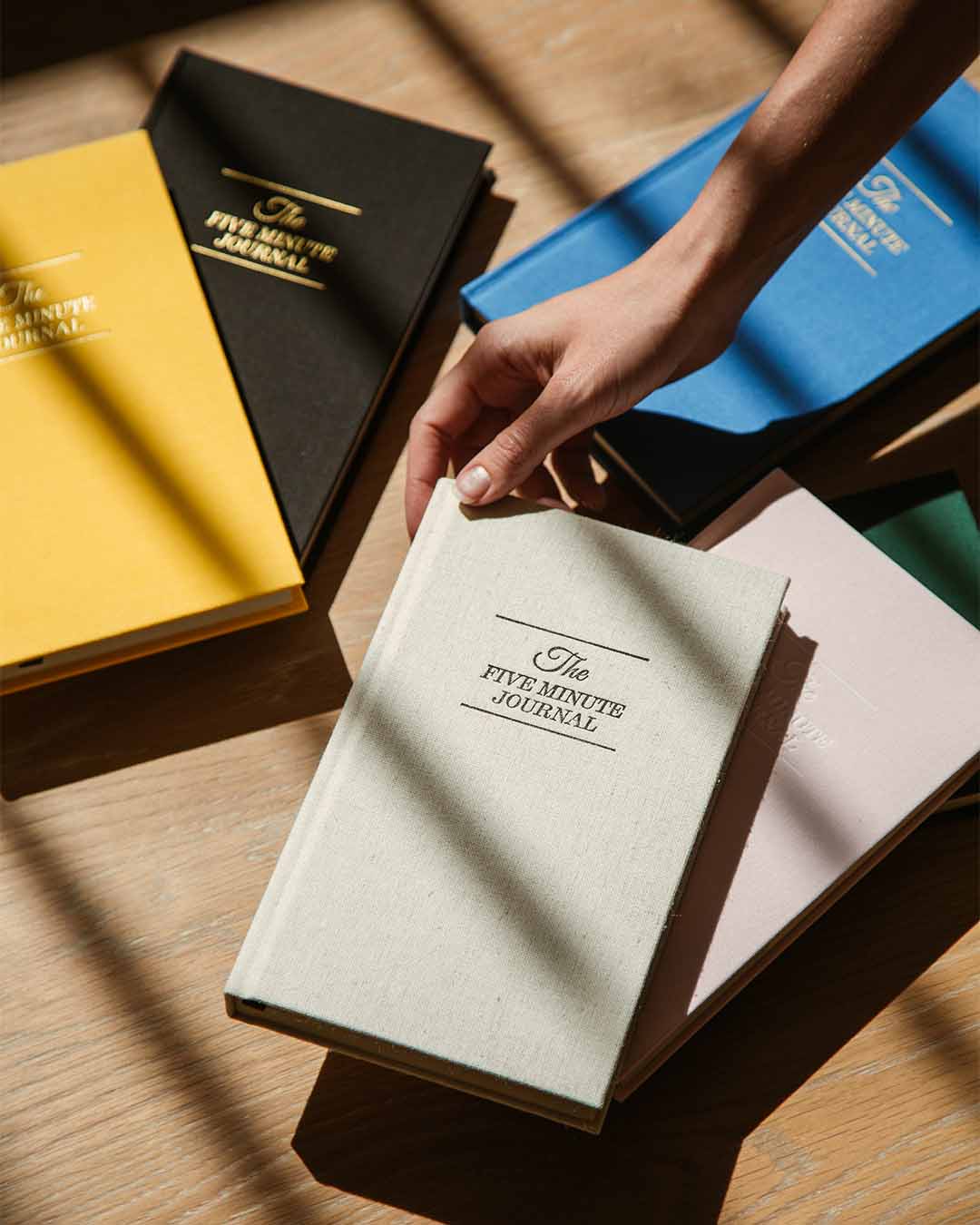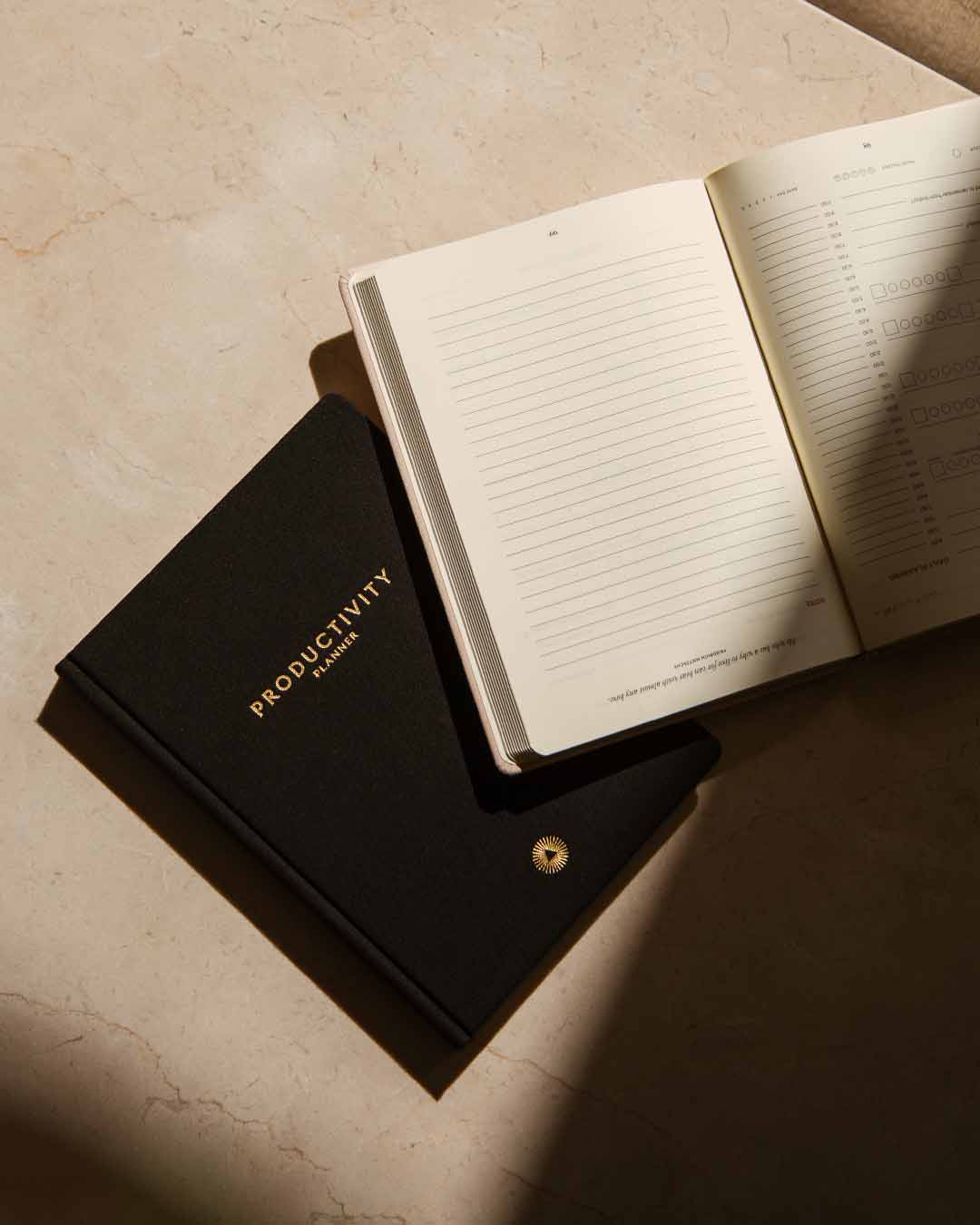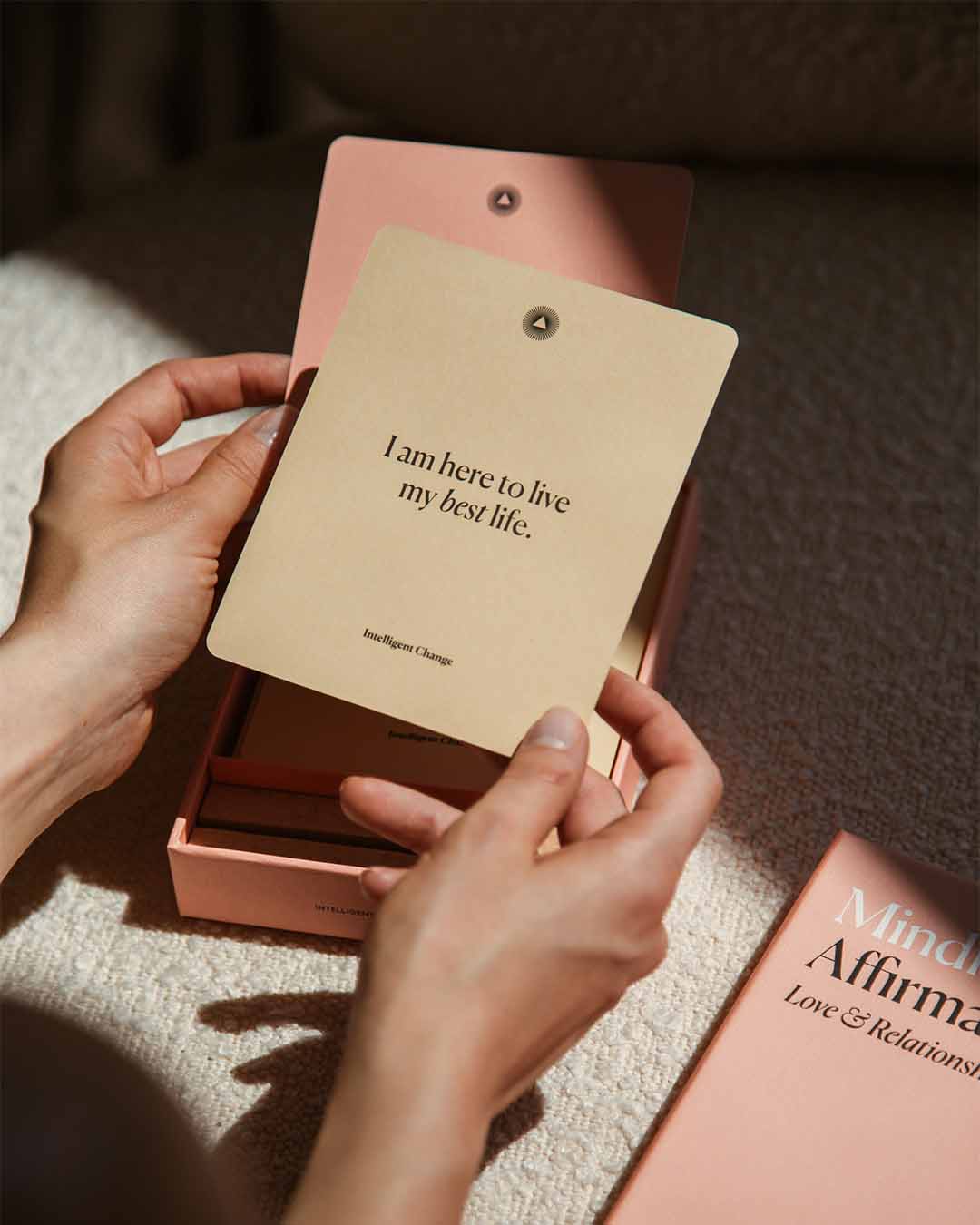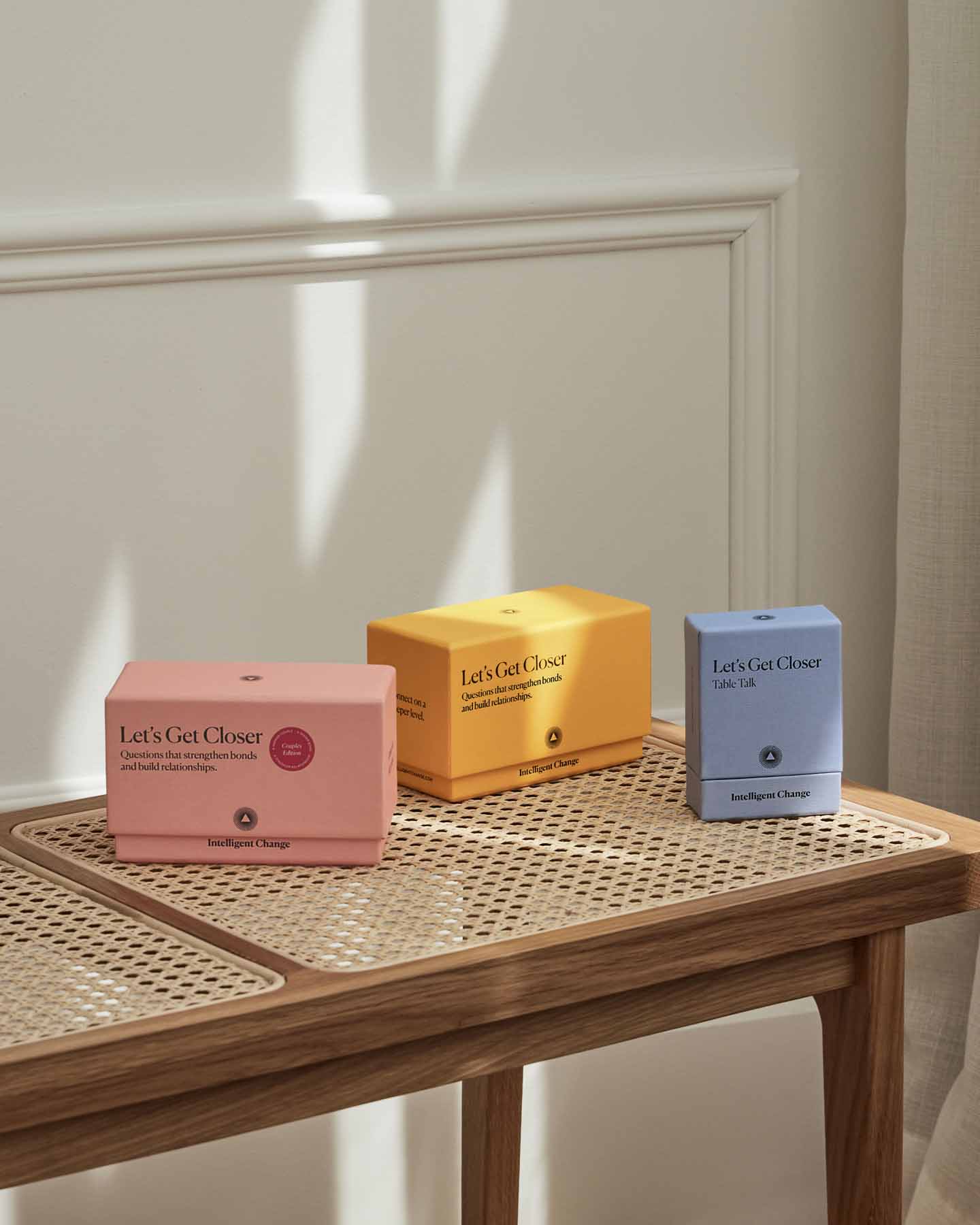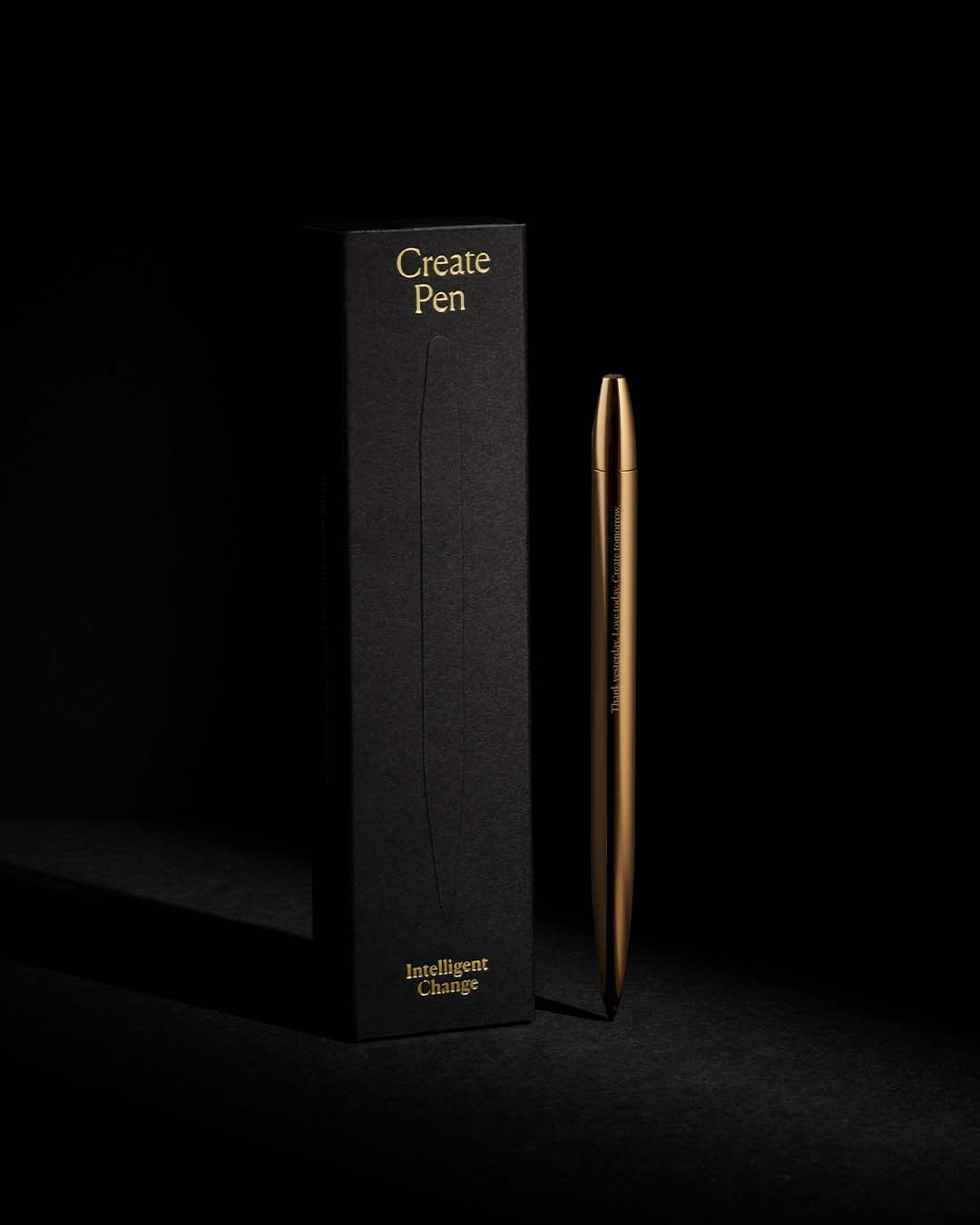Everyday Chronicles: How to Document Your Life
by Kinga Lewandowska
In a somewhat dusty library frozen in time, amidst volumes of analog memories and folders of digitized nostalgia, a sage Millennial is studying her archived life. Remembering what once came to pass, she smiles softly as she examines various relics and their detailed descriptions. “Thank you”, she mutters to her younger self, “for keeping all the pieces of us together”. As she flips through journals and photo albums, clicks on blog posts and Pinterest boards, timelines intertwine, emotions rise to the surface, and a coherent story composes itself.
A vault like this is full of treasure. It’s a testament to a person’s journey, holding all that is fragile and priceless about a life with gentleness and care. All generations have had their ways of preserving memories. Yet, Millennials seem to uniquely have one foot in the romantic, pre-Internet era, and the other in the convenient and minimalist digital age.
All that to say, there are various methods of keeping a record of our lives, protecting ourselves from forgetting, if not being forgotten. However little influence we might hold over the latter in the long run, we can at least help ourselves remember our lives more vividly. For example, research shows that expressive writing can increase our working memory capacity.
“You write to learn about yourself.”
— Stephen King
Expressive writing has plenty of benefits for our mental and physical health. Research proves that it alleviates stress, eases depressive symptoms, reduces blood pressure, and strengthens the immune system. And when it comes to cognitive processing, journaling helps reconstruct and reorganize traumatic memories. This means it helps with retrospection by literally rewriting our pain into strength. We can add meaning to our heartache, and make it make sense. And since there is no light without darkness, our positive memories become reinforced as a result.
Turning back the clock
Life is fleeting. We’re only here for a brief moment, but thankfully we can travel back in time, even stop the clock in a way. Gen Z knows a thing or two about documenting the days. With the rise of social media, we can not only freeze snippets of our lives on screen but also share them with a wider audience. While there are certain dangers to these processes, such as easier invasion of our privacy, socials are still a noteworthy method of memory-boosting. However, if you’re apprehensive about putting your life on display, here are other options to chronicle what’s important to you.
commonplace books
This personal diary is typically used to collect and compile pieces of knowledge, ideas, quotes, anecdotes, and other bits that you may find interesting and useful. It serves as a repository for insights, reflections, and snippets of inspiration gathered from various sources such as books, lectures, conversations, podcasts, or moments of your own enlightenment.
Somebody you respect and admire said something that resonated with you on a deeper level? Write it down. You read a poem that moved you? Copy it into your commonplace book. Or maybe you saw a beautiful girl on the street and want to immortalize her face on a page. Draw it. Whatever added value to your day, record it for the memory vault.
Since this form of creative note-taking is highly customizable, Intelligent Change has the perfect tool for you in the store—the Premium Notebook will do the job for you perfectly.
gratitude journals and apps
Gratitude journaling is specifically focused on the bright side of life. Whether you do it on paper or in an app, counting your blessings ranks very high on the list of ways to preserve memories. There is an added benefit to the app—it will pull up random entries with uploaded photos from the archive so you can relive the joy. Imagine being cheered up like that on a difficult day.
Put gratitude on a loop, to infinity and beyond. Immerse yourself in free-flow journaling or take a more structured route of The Five Minute Journal specifically designed to make things easy for you. As the name suggests, it requires only five minutes in the day, the entries are short, and all you need is to make it a habit.
blogging, vlogging, and video diaries
If you’ve been hesitant about starting a blog, we can assure you this format is still going strong. Our magazine is here to prove it. There are free platforms out there should you want to give it a go at no risk. In fact, there’s no need for you to make your blog public, treat it as another outlet that will create a private chronicle of you. Throw in a picture or two for good measure. Maybe one day you’ll gather your posts and feel tempted to publish them as an autobiography?
Remember the olden days, when video recording equipment did not fit into a pocket? VHS tapes carrying visual mementos took up a lot of space in our houses, they often got tangled, and the video quality was nowhere near what our smartphones can do. And yet some of us who remember those cassettes think of them rather fondly. They fit well into a millennial library. But 90s trends aside, with the convenience of the gear now compressed into a tiny device, there has never been a better time to pick up vlogging.
Again, if you’re unready to share your content, treat it as a personal video diary. There’s no need to start a YouTube channel right away or ever. Still, a visual representation of your life will help you see it in more detail and in a different light as this kind of reminiscing engages more of your senses. Especially if you dial things up with fancy special effects for added creativity.
scrapbooking and memory boxes
It’s astonishing how much meaning ordinary bits and pieces can carry. The memory of an entire concert lives in a paper ticket, the soft murmur of the ocean in a seashell you press to your ear. Yet, what makes everyday objects priceless is their sentimental value. Handwritten notes, pieces of ribbon, leaflets, parking slips, dried flowers—collect them. Anything that reminds you of the good old days belongs in your archive.
Scrapbooks can double as photo albums with an added memory booster in the form of a cinema ticket or autumn leaf. On a single page, you can recreate a particular day, week, or month that was in some way spectacular, transformative, or simply joyous. But if that sounds like too much work, store everything in a memory box. Bonus points if the container itself jogs some positive memories. As in, your favorite pair of shoes or piece of jewelry must have arrived packed, right?
playlists and musical records
Music is a time machine. A few notes of a song will take you back to a particular period when you kept listening to it on repeat. Spotify suggested a song you loved in high school? Just like that, you’re back in the Maths classroom. Is there a playlist that helped you through a difficult time? Press play and you’ll be reminded of your resilience. Whether you are a musicophile or listen to random tunes as background noise, every life has a soundtrack.
Documenting memorable moments with music is mixing business with pleasure. Through spontaneously adding songs to your online mixtapes, you build a portal through time and space. And with a bit of conscious effort, you might also curate specific compilations for particular occasions more intentionally. This way, whenever you itch to revisit that one September that kick-started a new chapter in your life, it will wait for you cataloged and ready to go.
From the vault
Scrapbooks heavy with nostalgia, journals brimming with gratitude, CDs burning with reminiscence—our memories make us who we are. The little everyday occurrences that are important to us design and build our lifespans. Remembering enriches our existence, that’s why our sage Millennial revisits her archives often—what good is our past locked away? Keep your memories alive to keep the memory of you alive.
Careful documentation immortalizes our story in our hearts and the hearts of our loved ones. This way, we live longer.




